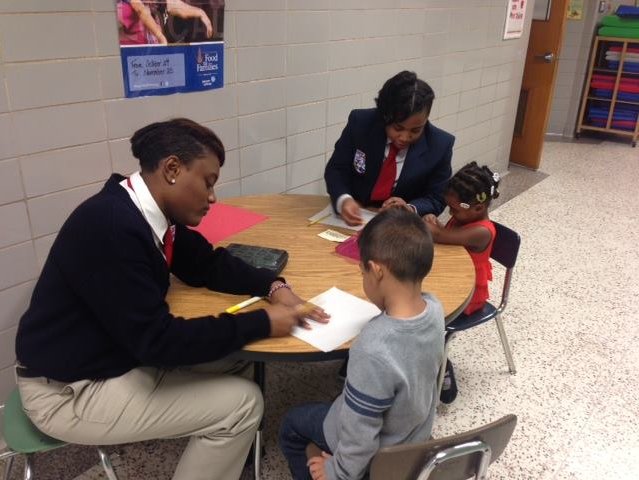With the Wisconsin State Assembly's passage of SB286, a moderate "school accountability" bill that mostly just requires voucher schools to be part of the school report card system, efforts to impose a stricter, full-of-punishments accountability bill are over for this session.
The first six months of next year will be budget time, meaning we have a year or so before another accountability bill would come to the legislature. That means we have time to try to get such a bill right.
Actually, if I'm being honest, I'd suggest we take more time than that, to let some dust settle on major changes:
- The 2014-15 school year will be the first with students taking new, heretofore-untried state tests, the Common Core-aligned Smarter Balance exams for grades 3-8 and the ACT suite of exams for grades 9-11, and we don't know how student scores will change or how schools will react to those changed scores. (The ACT is not untried in Wisconsin, but next year will be the first year every student in the state, rather than primarily just the college-bound, take the test – and who knows what that will do to the data.)
- The "new" report cards, with a new formula for determining which schools meet expectations and which do not, are just two years old, and voucher schools will not be a part of them until the 2015-16 school year. It is hard to see trends from just a few years' data. Further, the next round of report cards, which will be released in September, will be out of date, as they will be based on testing data from November 2013, which really only tests what students learned in the 2012-13 school year. The new tests will be administered in spring 2015 and measure learning for the 2014-15 school year, rather than the prior one.
- Next school year also sees the roll-out of a new state-wide teacher evaluation system that, like the new tests, will probably spur changes in classroom practice that we can't at this moment reliably predict.
But I'll go on the assumption that, in fact, a year from now, legislative leaders really will go ahead with an accountability bill. What should they do to get it right?
If you're familiar with me and my writing, then it's likely you saw my Bay View Compass column earlier on the matter. In it, I try to make clear that for too many people, accountability is a synonym for punishment. If a school fails to meet expectations, accountability's advocates say, we should threaten them with a shutdown or a takeover by a private entity.
What we're really talking about here, though, is not schools failing to meet expectations; rather, we're talking about students failing to meet expectations. Students below grade level in reading and math, students who don't come to school often enough, students who have undiagnosed special needs holding them back, students who can't graduate on time. If a school has a high enough concentration of those students, it will be labeled as failing.
Now, I'm not suggesting that the schools bear no responsibility for what happens to their students. Here in Milwaukee, for example, a number of public and private schools are not doing much, if anything, to meet their students where they are and teach them something.
However, the idea that another threat, on top of the ones that followed No Child Left Behind in 2002 and the education provisions of the 2009 American Recovery and Reinvestment Act, is going to make much of a difference to those schools is ridiculous. I think about what I have been through as an MPS teacher, and what I hear from colleagues about what they've been through.
If threats of sanctions, budget cuts, school closings or increased scrutiny from inside and out haven't led to better performance yet, why would one more threat make the difference? It's as if legislators and critics simply don't believe school districts, schools and teachers are already trying. We are!
But what about those failing schools? I mean, the ones that really and truly aren't helping?
Again, take a step back and think about these not as schools failing to meet expectations, but as schools where most of the students fail to meet expectations. What those students need is not threats but interventions. Maybe at school, maybe at home, but without question, those students need more support than they are getting right now.
So that's where I would start with an accountability bill: Schools that fail to meet expectations should get not threats but extra support to provide interventions with students. Smaller class sizes, two teachers in every classroom, wrap-around services to mitigate challenges students face outside of school, parent education, extended days and longer school years for those students.
Sound impossible? It shouldn't be – the poster child of charter schools is Geoffrey Canada and his Harlem Children's Zone, which has all of those things I just listed and then some. If public school critics are serious that they think wholesale conversion of failing public schools to charters – that was one of the biggest sticks in the unpassed accountability bill – will solve the problem, then they should be willing to pony up for the kind of support they imagine would be happening if those schools were charters.
In reality, I can't imagine that our current legislature, or the one we're likely to elect this fall, which will write this accountability bill, would have any interest whatever in providing the kind of resources it will take to create long-term change in students who have been failing to meet expectations for years.
Still, we have time between then and now to try to persuade them to do the right thing.







